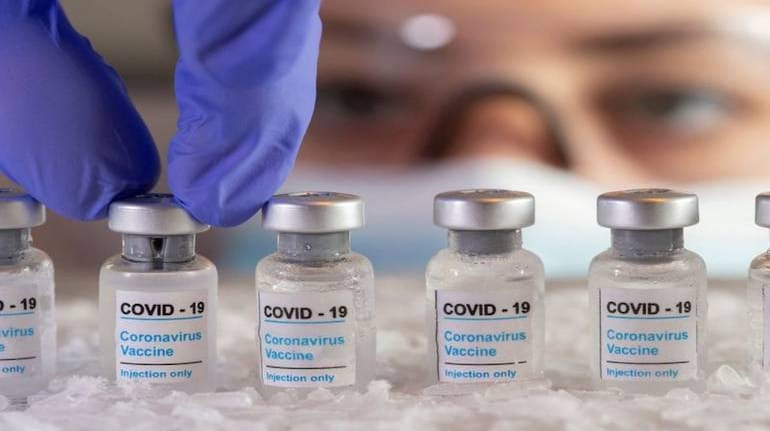



The Business Confidence Index (BCI) developed by the Delhi-based economic think tank NCAER rose 29.6 per cent between second and third quarter of the current financial year on the back of rollout of COVID-19 vaccines in different countries, including India.
The proportion of respondents expecting that ''overall economic conditions will improve in the next six months'' increased by 4.8 percentage points, from 29.8 per cent in 2020–21:Q2 to 34.6 per cent in 2020–21:Q3, said the NCAER''s Business Expectations Survey (BES).
The proportion of respondents expecting that the ''financial position of firms will improve in the next six months'' increased by 3.1 percentage points, from 27.7 per cent in 2020–21:Q2 to 30.8 per cent in 2020–21:Q3.
The National Council of Applied Economic Research (NCAER) said the BES findings are based on responses from 500 firms.
It said the 115th round of BES was carried out in December 2020, during a period of "both hope and despair".
The approval and rollout of vaccines in Europe and North America were accompanied by the discovery of new mutations of the coronavirus. Indian authorities approved the Covishield and Covaxin vaccines for “restricted use” on January 3, 2021.
Meanwhile, the Indian economy continued its recovery and was forecast to show positive growth in 2020–21:Q3.
"Business sentiments have shown the same V-shaped pattern of a sharp drop followed by a rise in Q1 and Q2, and then a flattening out in Q3 of 2020–21," NCAER said.
The survey also said the proportion of respondents saying that ''present capacity utilisation is close to or above the optimal level'' increased by 14.4 percentage points, from 58.4 per cent in Round 114 to 72.8 per cent in Round 115.
NCAER further said the Business Confidence Index (BCI) improved for all the five sectors on a quarter-on-quarter basis in 2020–21:Q3.
The BCI increased for the consumer durables sector by 26.1 per cent on a q-o-q basis in 2020–21:Q3, for consumer non-durables by 32 per cent, for intermediate goods by 37 per cent, for capital goods by 27 per cent, and for the services sector by 32.5 per cent.
The Reserve Bank in its monetary policy statement last week said that consumer confidence is reviving and business expectations of manufacturing, services and infrastructure remain upbeat.
The fiscal stimulus under Aatmanirbhar 2.0 and 3.0 schemes of the government will likely accelerate public investment, although private investment remains sluggish amidst still low capacity utilisation, it said.
The Union Budget 2021-22, with its thrust on sectors such as health and well-being, infrastructure, innovation and research, among others, should help accelerate the growth momentum, the RBI had said.
The central bank has projected the real GDP growth at 10.5 per cent in 2021-22.
With two made-in-India vaccines, COVID-19 vaccination drive was launched on January 16 in the country.
Discover the latest Business News, Sensex, and Nifty updates. Obtain Personal Finance insights, tax queries, and expert opinions on Moneycontrol or download the Moneycontrol App to stay updated!
Find the best of Al News in one place, specially curated for you every weekend.
Stay on top of the latest tech trends and biggest startup news.